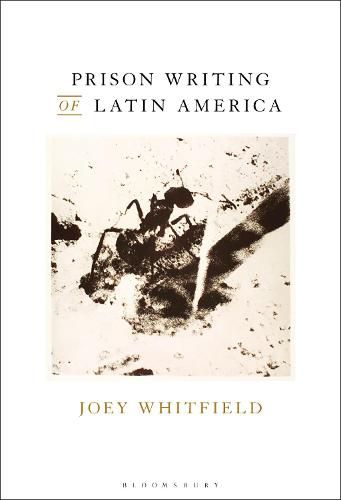Readings Newsletter
Become a Readings Member to make your shopping experience even easier.
Sign in or sign up for free!
You’re not far away from qualifying for FREE standard shipping within Australia
You’ve qualified for FREE standard shipping within Australia
The cart is loading…






What happens inside Latin American prisons? How does the social organisation of prisoners relate to the political structures beyond the walls? Is it possible to resist corrupt penal regimes? In Prison Writing of Latin America, Joey Whitfield turns to those best placed to answer these questions: people who have been imprisoned themselves.
Drawing on a century of material produced by Latin American prisoners from Mexico, Cuba, Costa Rica, Colombia, Peru, Bolivia and Brazil, Whitfield weaves readings of novels, memoirs and testimonial texts with social and political analysis. Rather than distinguishing between dictatorial and democratic periods of government, he shows that from the point of view of the prisoner, all states are authoritarian in nature. In the face of oppression, however, prisoners both ‘political’ and ‘criminal’ have found ways not only to resist but also to create alternative communities both real and imagined, sometimes in collaboration with each other.
$9.00 standard shipping within Australia
FREE standard shipping within Australia for orders over $100.00
Express & International shipping calculated at checkout
What happens inside Latin American prisons? How does the social organisation of prisoners relate to the political structures beyond the walls? Is it possible to resist corrupt penal regimes? In Prison Writing of Latin America, Joey Whitfield turns to those best placed to answer these questions: people who have been imprisoned themselves.
Drawing on a century of material produced by Latin American prisoners from Mexico, Cuba, Costa Rica, Colombia, Peru, Bolivia and Brazil, Whitfield weaves readings of novels, memoirs and testimonial texts with social and political analysis. Rather than distinguishing between dictatorial and democratic periods of government, he shows that from the point of view of the prisoner, all states are authoritarian in nature. In the face of oppression, however, prisoners both ‘political’ and ‘criminal’ have found ways not only to resist but also to create alternative communities both real and imagined, sometimes in collaboration with each other.